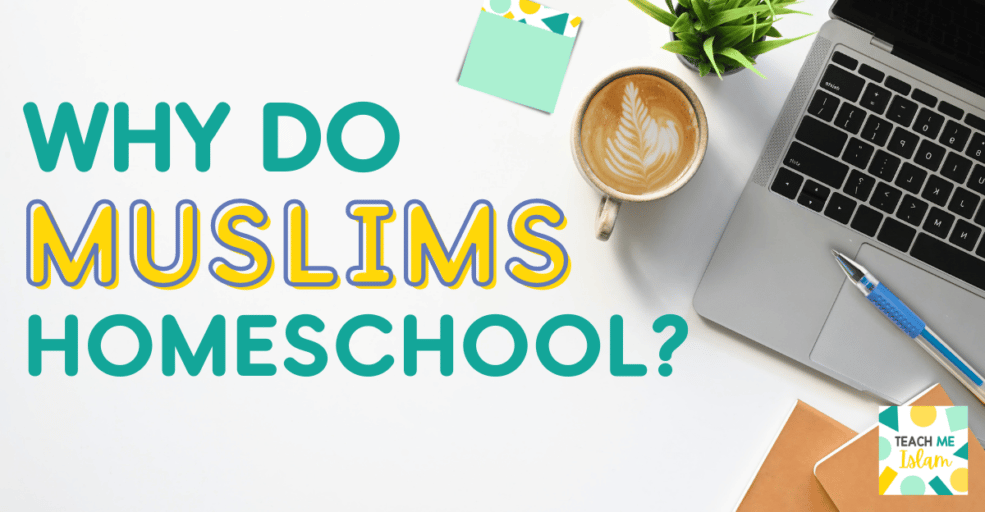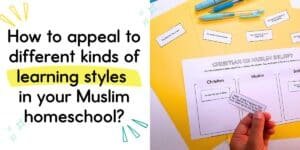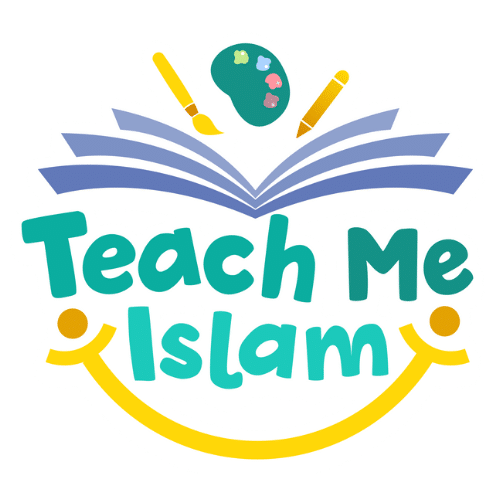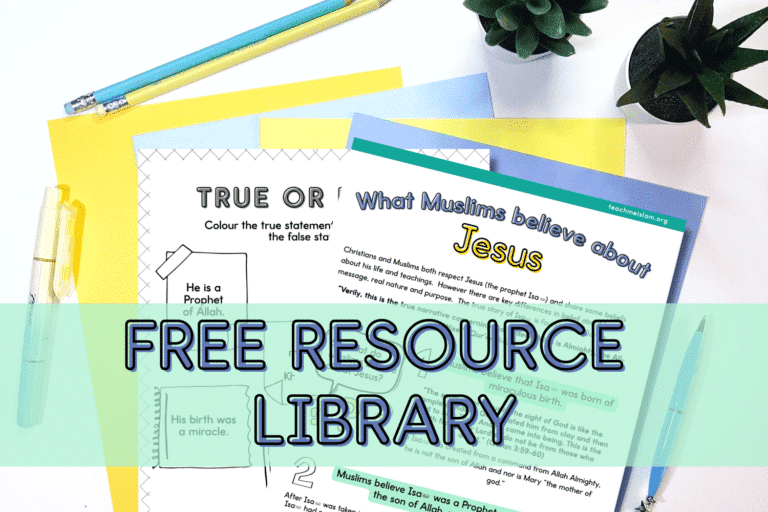It’s a very popular question, why do Muslims homeschool? There is so much curiosity around this topic that it is one of the most popular googled questions about Muslims. There are many educational benefits to homeschooling and Christians often homeschool for faith-based reasons but why do Muslims specifically homeschool? Here is my attempt to answer that question and I would love to hear your ideas in the comments.
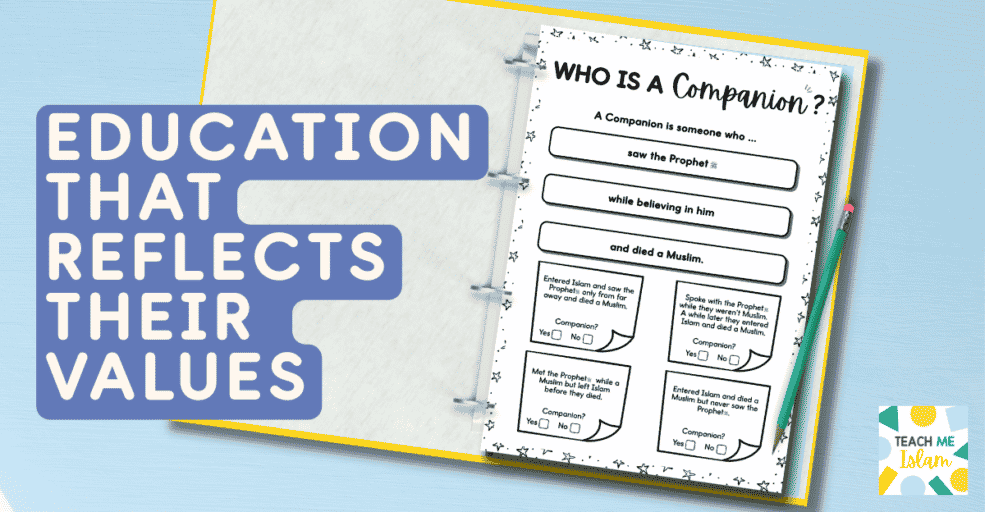
Education that reflects their values
Education is not a neutral affair. If you consider the many decisions that contribute to creating a curriculum, you realise how much it is influenced by the idealogy and culture of the author. Which subjects do you teach children? At what age? For how long? How should it be taught? Should there be assessment? How should they be assessed? What should the learning materials consist of?
As such, many Muslim families choose to homeschool in order to educate their children in line with their values. For example, including Islamic subjects from an early age and including important events to them like Eid. You can read all about 10 priceless features of Muslim homeschools here.
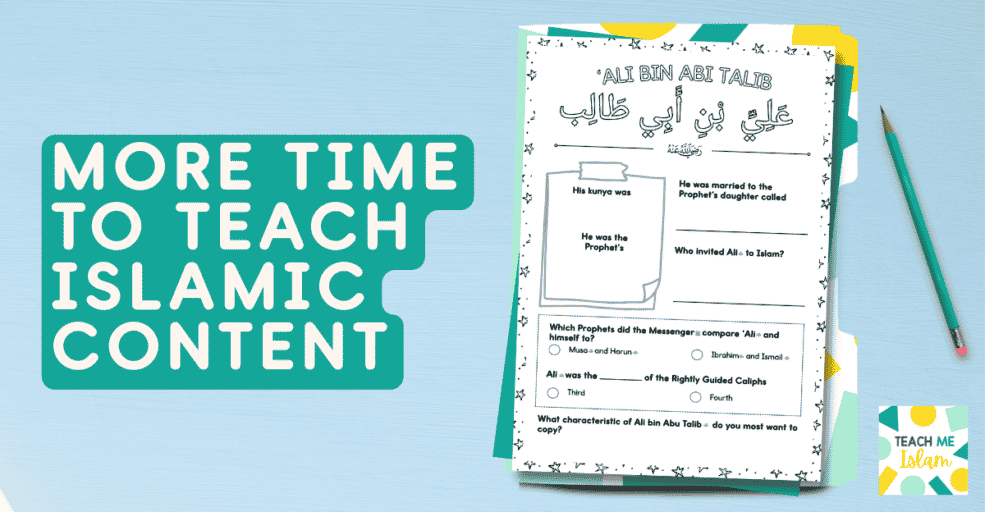
More time to teach Islamic content
When kids are at school all day, they are understandably tired when they get home. They also often have homework to do and this means Islamic studies are squeezed in when they are exhausted from all their other work or left until the weekend. When Muslims homeschool they are free to incorporate Islamic content throughout the day. They can teach Islamic studies when kids are fresh and explore Islamic content in other subjects such as geography and history. They have far more time to teach about Islam to their kids.
Avoiding harm
This is a common answer to the question, why do Muslims homeschool? Many do so to avoid harm. This can be from the content of the actual curriculum or the school environment. It is difficult enough to hold on tight to your deen as an adult let alone as an impressionable child. It is natural for kids to want to fit in and difficult for them to maintain their difference when they are attending an institution that is encouraging conformity to contrary values. Added to the risks of bullying and bad behaviour from some other students, many Muslim parents homeschool to avoid these harms altogether.
Positive environment
Conversely, you can create a very positive environment at home. Good character can be praised and ibaadah can be prioritised. It doesn’t come effortlessly, but parents really can build a kind, loving, Islamic environment for their kids to mature and learn in bithnillah.

Strong Family bonds
Your kids only live with you all under one roof for a limited time. However, the bonds that are forged between them and you can last a lifetime. If your kids spend most of their time away from you in separate classes and environments, it can prove harder to bond together. You can’t decide to make a memory with someone, they are a product of time spent together. Sometimes a treasured memory of one sibling is completely forgotten by another. By spending lots of time together, learning, helping and sharing they make lots of memories and are meaningful parts of each other’s lives. The same is true for parents. I have wonderful memories of my father teaching me how to ride a bike and I have great memories of teaching my children how to read. Teaching your kids is a thrill and is an opportunity to create wonderful close relationships. Gifts encourage love between the believers. What greater gift to give your child than time and knowledge.
Abu Hurayra reported that the Prophet, may Allah bless him and grant him peace, said, “Give gifts and you will love one another.”
Al-Adab Al-Mufrad 594 Hasan (Al-Albani)
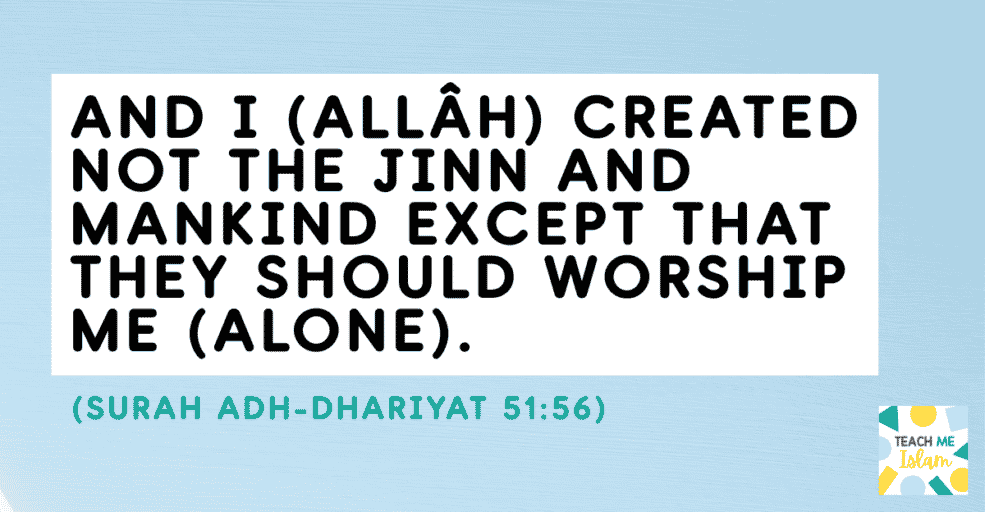
Fulfil potential
We have been created to worship Allah. And I (Allâh) created not the jinn and mankind except that they should worship Me (Alone). (Surah Adh-Dhariyat 51:56)
Each Muslim child is a trust to their parents who are obligated to help them fulfill that purpose. It’s a common desire of parents to want their children to fulfill their potential. Muslim parents understand that children have the potential to worship Allah and fulfill their true purpose. Educating them about that purpose and encouraging them to worship Allah are two pillars of Muslim homeschools. Muslim parents homeschool in order to truly help their children fulfil their potential as slaves of Allah that worship Him in a way that is pleasing to Him.
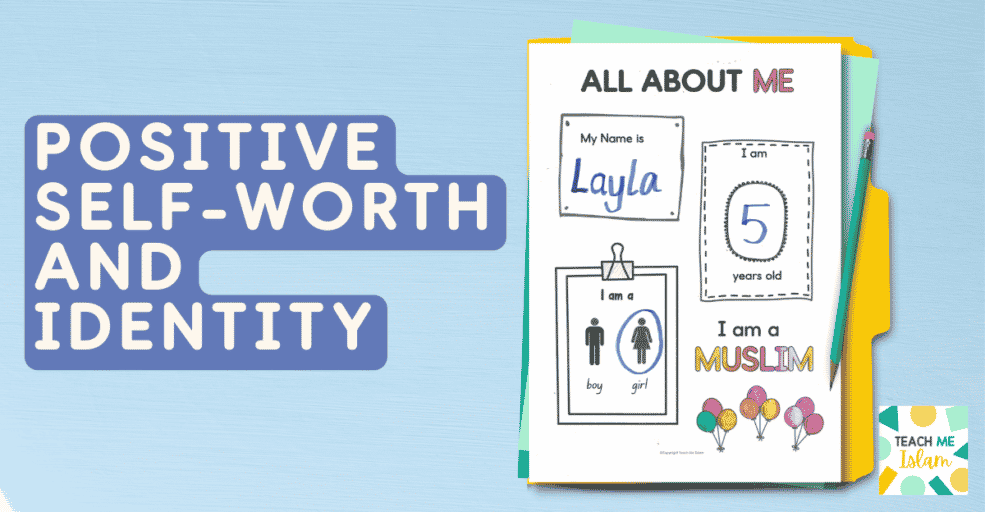
Positive self-worth and identity
When placed in a crowd of people who think modesty is old-fashioned or that Islam is backward, it can be difficult for kids to maintain positive thoughts about themselves and their way of life. Their eemaan like adults, increases and decreases and these negative ideas about Muslims and Islam are particularly dangerous when kids are experienceing a dip in eemaan. Homeschooling enables kids to avoid the pain of always having to be the odd one out. It also allows Muslim parents to help build a positive perception of themselves and their religion.
Want resources that help you teach your kids about Islam? Join the mailing list here to download a FREE biography activity pack about one of the Noble Companions promised paradise, Abu Ubaidah bin Jarrah (may Allah be pleased with him) and gain access to the free resource library.
Here are some other blog posts you may be interested in:
How to teach Islamic content all day long

